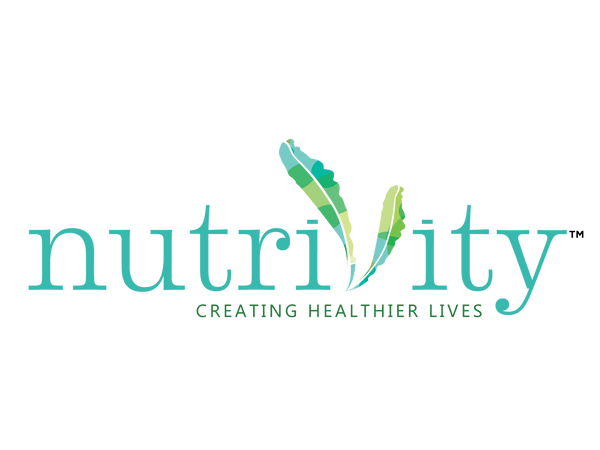Nutrition plays a crucial role in maintaining good health, regardless of the season. However, during the monsoon season, there are certain factors to consider to ensure that your diet is balanced and promotes overall well-being. Here are some key points regarding nutrition during the monsoon:
- Hydration:

Adequate hydration is important during the monsoon season. Although the weather may be cooler, you should still drink plenty of water to prevent dehydration. Opt for purified or boiled water and avoid consuming water from unreliable sources. You can also include herbal teas, buttermilk, infused water, vegetable juices, and coconut water in your diet to stay hydrated.
- Fresh fruits and vegetables:

While it’s essential to consume fresh fruits and vegetables throughout the year, during the monsoon season, there is an increased risk of contamination and spoilage. Choose fruits and vegetables that are less prone to spoilage, such as apples, pears, bananas, carrots, and beetroots. Ensure that you thoroughly wash and clean them before consumption. Avoid raw leafy greens unless you can ensure their cleanliness.
3. Food storage and hygiene:

Proper food storage and hygiene practices are crucial during the monsoon season. The increased humidity can lead to the growth of bacteria and fungi, making food spoil quickly. Store perishable foods in airtight containers in the refrigerator and consume them within a short period. Avoid eating street food or any food items that have been exposed to an unhygienic environment.
- Include immune-boosting foods:

The monsoon season is often associated with an increase in infections and illnesses. To support your immune system, include foods rich in vitamins and minerals. Examples include citrus fruits (like oranges and lemons), berries, papaya, kiwi, garlic, ginger, turmeric, and green leafy vegetables. These foods can help strengthen your immune system and keep you healthy during the monsoon.
- Avoid oily and fried foods:

During the monsoon, digestion tends to be weaker due to increased humidity. It’s advisable to avoid heavy, oily, and fried foods as they can be difficult to digest. Instead, opt for light and easily digestible meals like soups, stews, steamed vegetables, and whole grains. These foods provide essential nutrients without putting a strain on your digestive system.
- Proper cooking and heating:

Ensure that your meals are thoroughly cooked to kill any bacteria or pathogens that might be present. Avoid consuming undercooked or raw foods, as they can increase the risk of foodborne illnesses. Additionally, reheat leftover food thoroughly before eating, as this helps eliminate any potential bacteria that may have grown.
- Probiotics:

Including probiotic-rich foods like yogurt or fermented foods in your diet can be beneficial during the monsoon season. Probiotics promote a healthy gut by replenishing beneficial bacteria, which can support your immune system and improve digestion.
Remember to consult with a healthcare professional or a registered dietitian for personalized advice based on your specific dietary needs and health conditions. They can provide you with tailored recommendations to ensure you maintain a well-balanced and nutritious diet during the monsoon season.
Have a Look at our Amazon Store for all your daily needs.

